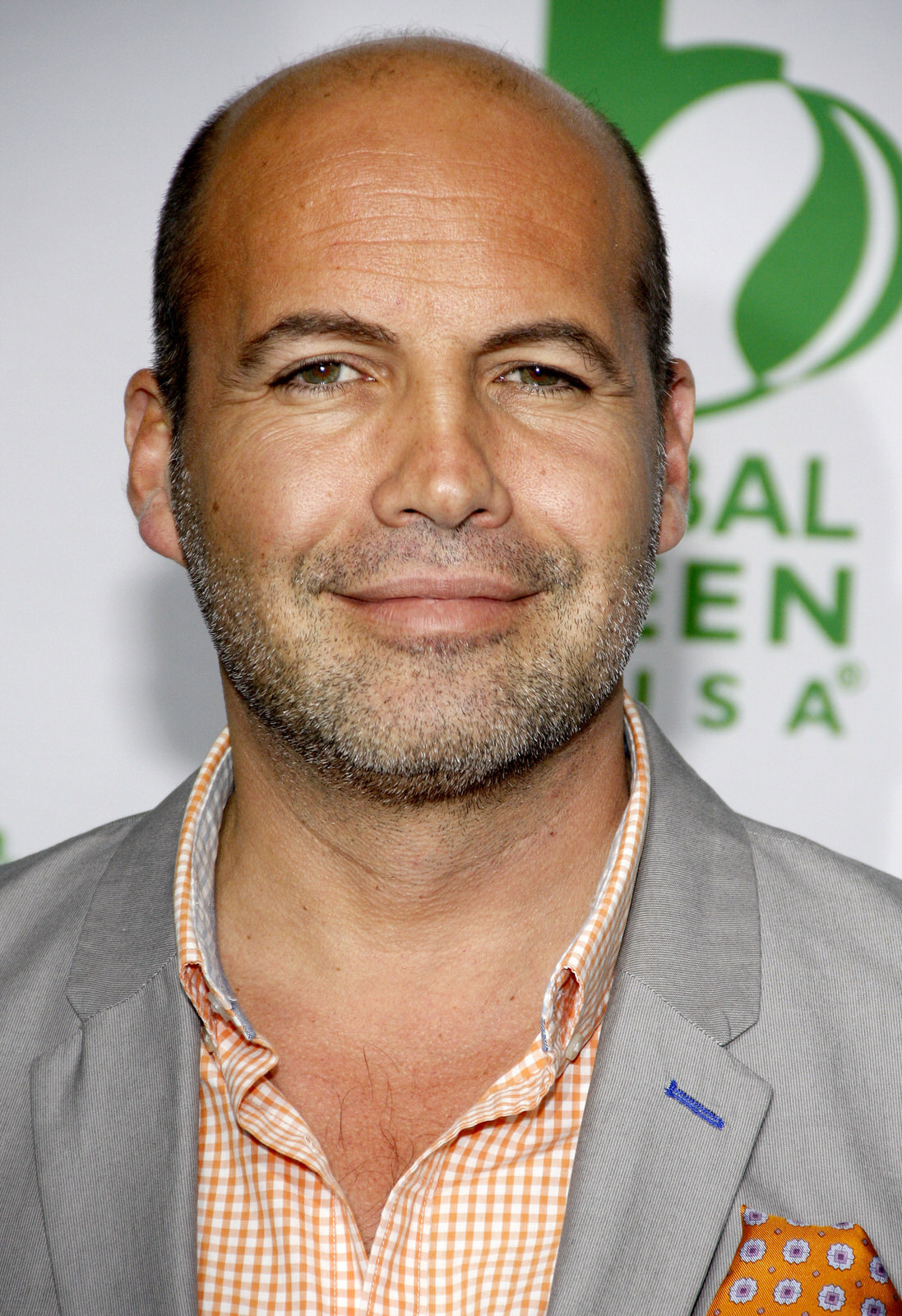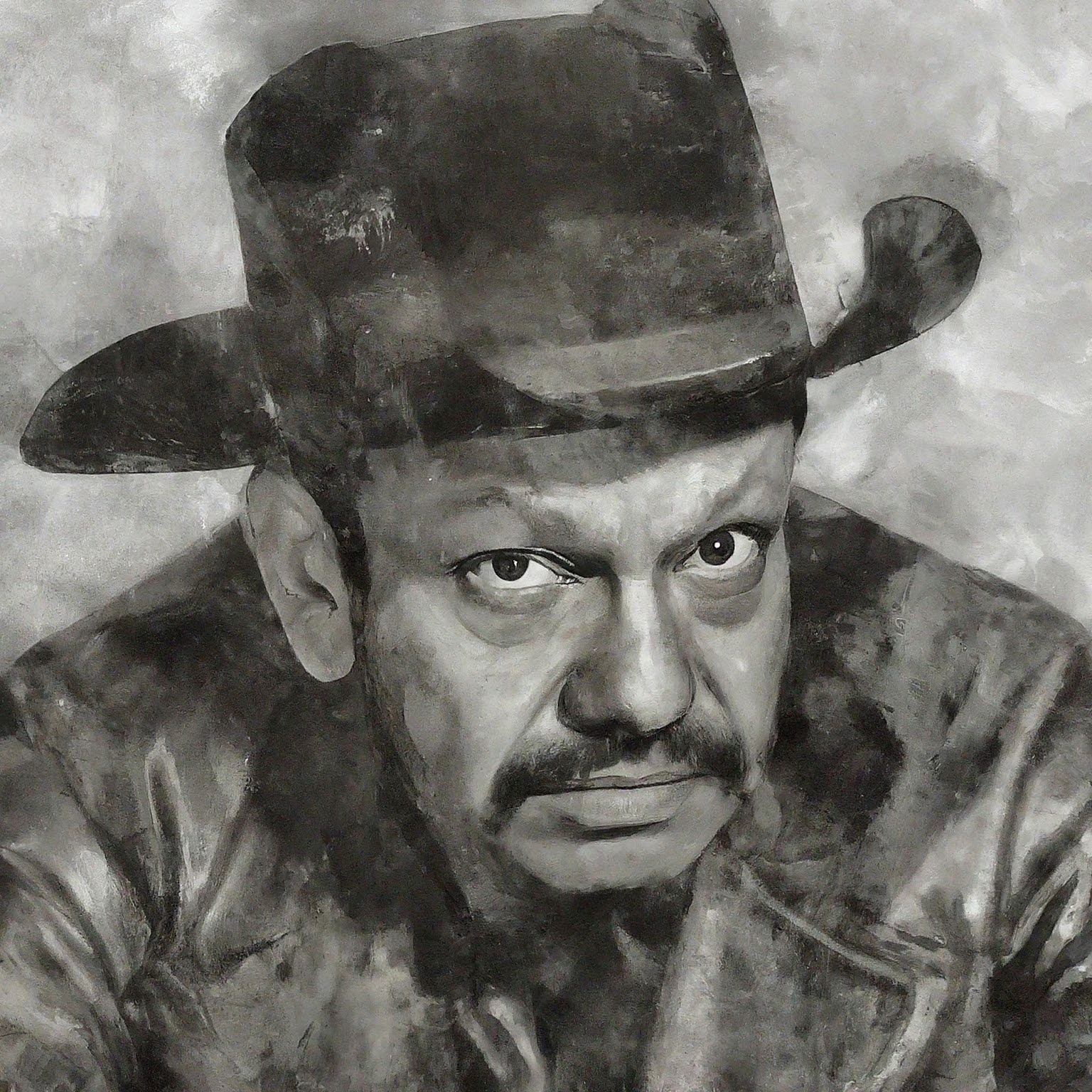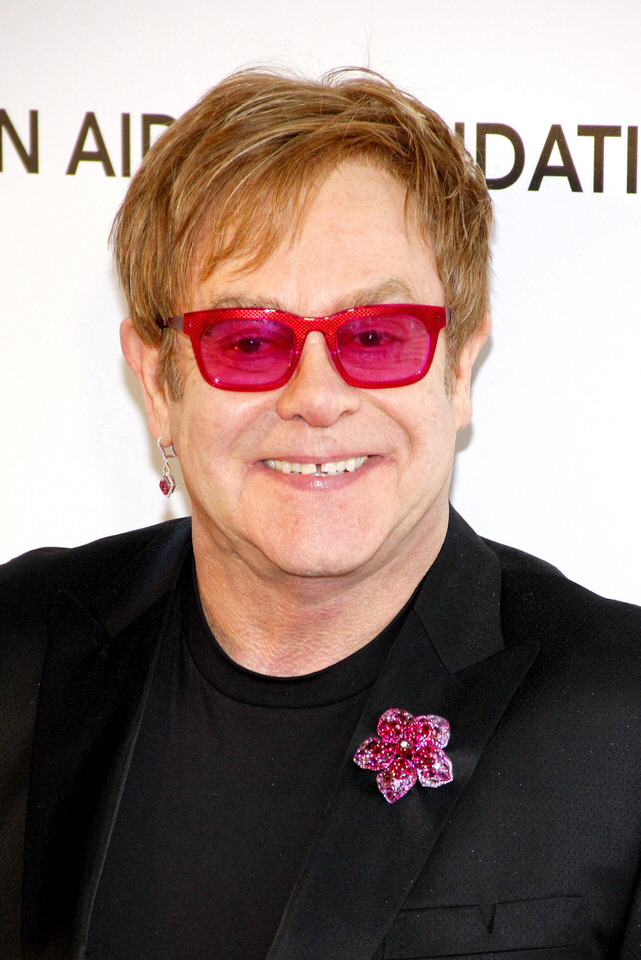Henrik Ibsen
Norwegian playwright, known as the "father of modern drama". Explored themes of individualism, feminism, and social responsibility in plays like "A Doll's House" and "Hedda Gabler".
Playwright
March 20, 1828
Pisces
May 23, 1906
78
Skien, Norway
Henrik Ibsen, born in Skien, Norway, left an indelible mark on the world of literature. Renowned as the “Father of Modern Drama,” Ibsen revolutionized theater with his groundbreaking innovations in dialogue, objectivity, and plot structure. His plays, such as “Hedda Gabler” and “A Doll’s House,” continue to captivate audiences with their depth and social commentary.
Ibsen drew inspiration from his own life experiences, often using his struggles as a source of creative energy. After facing public backlash for his controversial play “Ghosts,” he penned “An Enemy of the People.” His time running a theater in Christiana inspired “Love’s Comedy,” while his years in exile birthed the powerful drama “Brand.”
Ibsen’s influence extends far beyond his era. His works have been translated into over 100 languages and performed globally, leaving a lasting impact on modern literature and thought. Recognized as one of the most significant playwrights in history, Ibsen’s legacy endures as a testament to the power of art to challenge societal norms and provoke profound reflection.
















